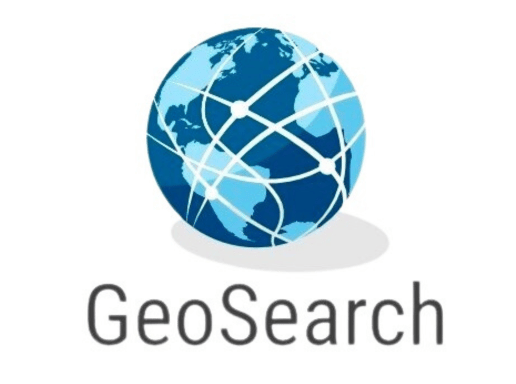What are Informational Interviews and How Can They Benefit You?

Informational interviewing has become underutilized and was especially challenging to accommodate with the recent pandemic. As we see employees returning to the office and the start of in-person networking events, we should consider bringing back the concept of informational interviews. What are informational interviews and why are they important?
An informational interview is an informal conversation you can have with someone working in an area of interest to you. It is an effective research tool and is best done after preliminary online research. It is not a job interview, and the objective is not to find job openings.
Contrary to popular belief, informational interviews are not reserved only for recent college graduates! If you are looking to pivot your career or find an adjacent field interesting, this is a great opportunity to get firsthand relevant information.
Informational interviews can be beneficial for many reasons including:
- Getting the most current and specific information about your career field. The most up-to-date information about your chosen career field may not be available online. Gleaning insight from professionals on the frontline will provide fresh and applicable information.
- You will become more comfortable with formal interviews. Practice, practice, practice! The more informal conversations you have, the more comfortable you’ll be when talking to a hiring manager in a formal setting.
- Initiating and developing professional relationships that may result in a job down the road. Along with gaining valuable information now, you might also have professional opportunities that arise in the future.
- Learn what it’s like to work in a particular organization. In addition to gathering information about a specific field or position, you can get the inside scoop about different companies that might interest you.
What are the steps of Informational Interviewing?
- Research Career Fields of interest. Complete some initial research on the career field, position, or company that you’re interested in.
- Identify Professionals to Reach out to. Think of your own contacts that you might have. Are there alumni, friends, family, coworkers, or former employees you can connect with? LinkedIn may also be a great tool to find first, second, or third connections.
- Initiate Contact. Connect via phone call, email or LinkedIn message and mention how you received their name. Let them know you are looking for information, not a job. Figure out a time to meet in person. An online platform such as Zoom or Teams may be used if you’re not able to schedule an in-person meeting.
- Conducting the Interview. Dress as if you were completing a formal interview. Introduce yourself and provide a brief background on your work history and why you’re wanting to talk with the interviewer. Bring a notepad and pen to write notes and plan to direct the conversation. Be respectful of their time and ask if you might be able to contact the interviewer in the future with any other questions.
- Follow up. Send a thank you note; either handwritten or emailed to the interviewer. Stay in touch and connect with them on LinkedIn. You may also ask if they know any other coworkers or professionals that you can contact so you can gather additional perspectives.
